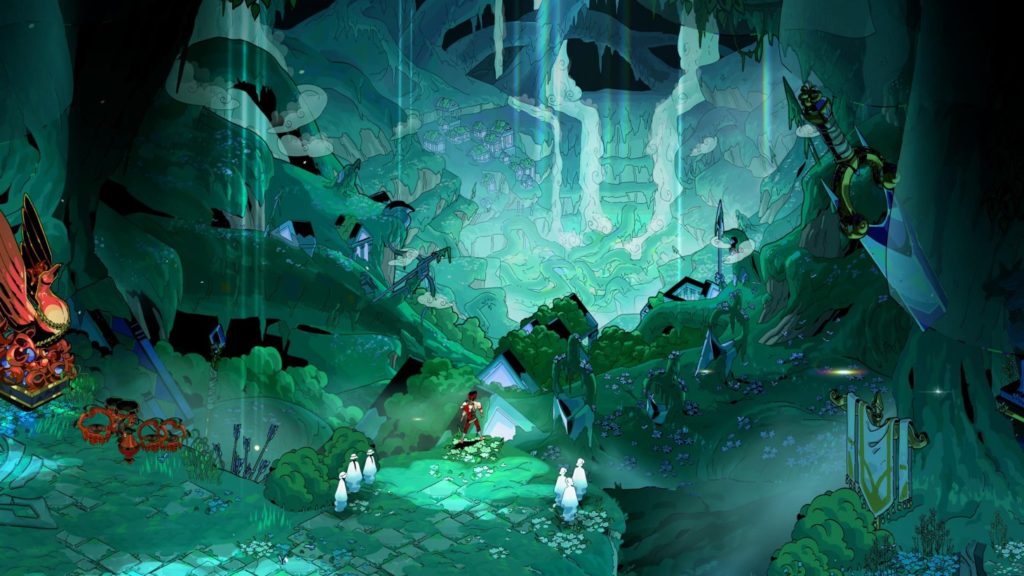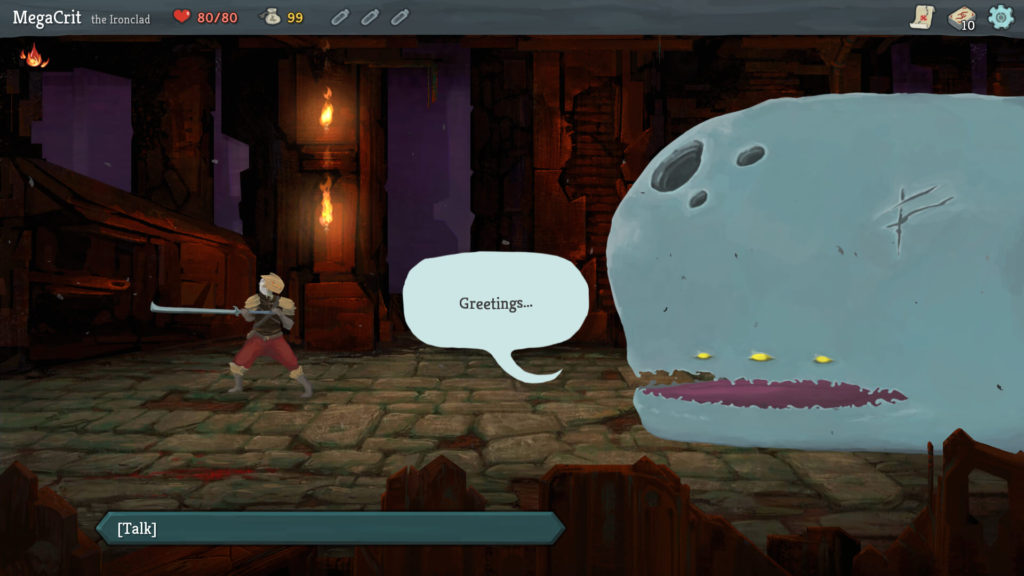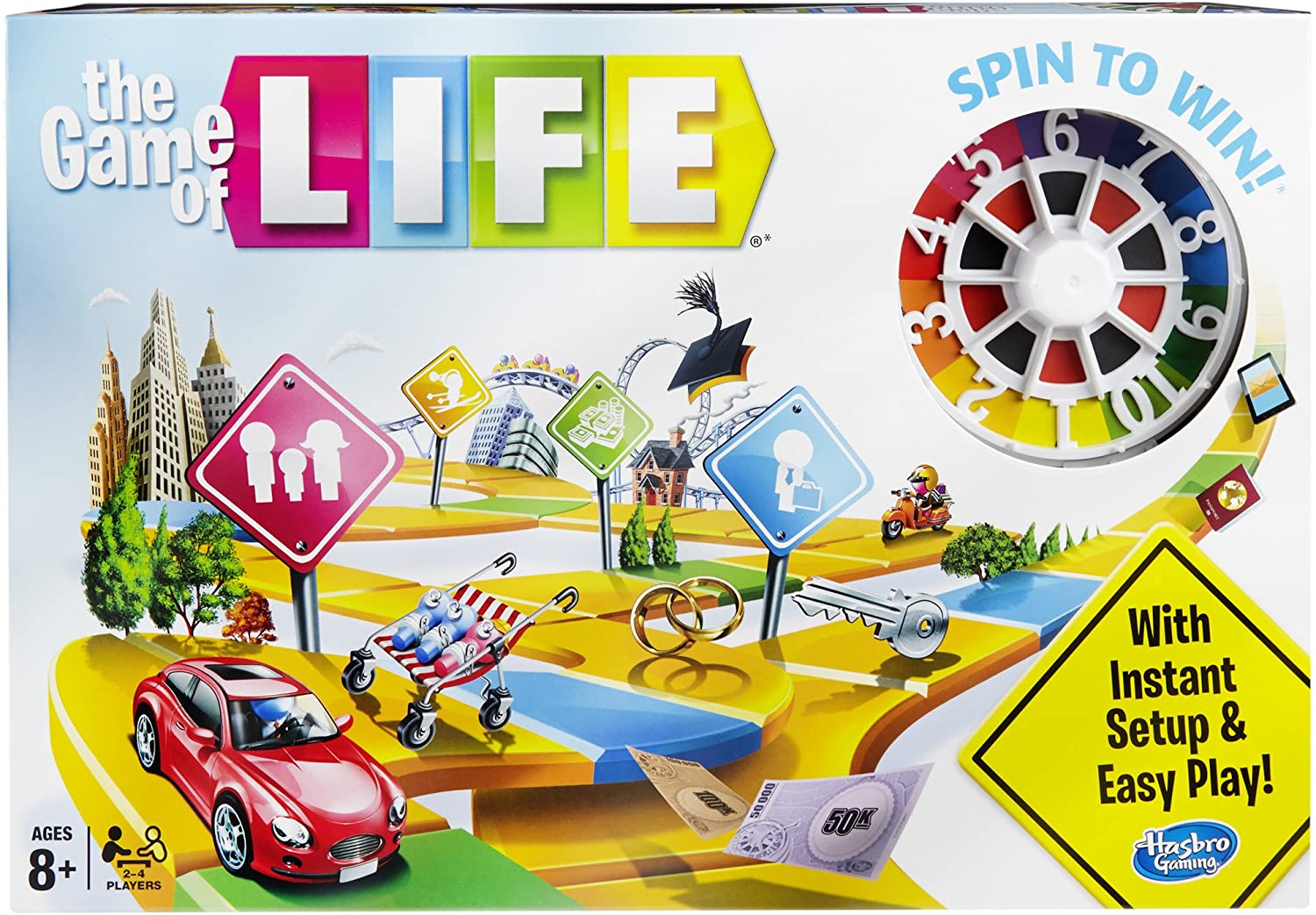
Hades is a top 5 game for me. I love Greek mythology, I love the art, the narrative, the voice acting, the gameplay, everything. There’s a ton of polish and content in the game, lots of work involved in making sure you get different voice lines with every character interaction (seriously, I’ve 60 some hours in and I’ve still never got the same voice line twice) and all the little details and customisations of the different environments.

Slay the Spire is a lot more sparse in terms of content. There’s not really a reason you’re given to why you’re attempting to slay the spire (whatever that means) and the world is not particularly established other than appearing vaguely fantastical, with demons and goblins and vampires and other unsavoury monsters. There is barely any voice acting and the game is much more simple in terms of art as well. (Not that any of that stops this game from being incredibly fun and addicting).
Of course, the quantity of content isn’t what lands these games in the genre of rogue-likes. As discussed in class, the enduring, or generally associated qualities of rogue-likes include procedurally generated levels (randomness), grid-based movement and the incorporation of death as a mechanic. Though gameplay is wildly different between Hades and Slay the Spire, one being a mechanically intensive hack and slash and the other a strategic deck builder, both games claim these characteristics. Perhaps a bit unoriginal, but as also discussed, how far can this definition of rogue like go? If games of such varying differences can both be under the rogue-like umbrella, what can’t?
Well, still quite a lot of games. But I wrote out all these prior thoughts to lead up to the idea of discussing life itself as a rogue-like. Maybe it’s not exactly grid based movement, but if you substitute the dimension of location for the dimension of time, we got something going on now, whether you want to count by the days or by the hour. The events of each day, though predictable up to an extent, are still full of random events that are impossible to calculate for; your days are random in the sense that you will literally never live the exact same identical day twice. It’s a run that’s been going on since you were born, where events and actions will impact your run later on. And of course, if you die in real life…

